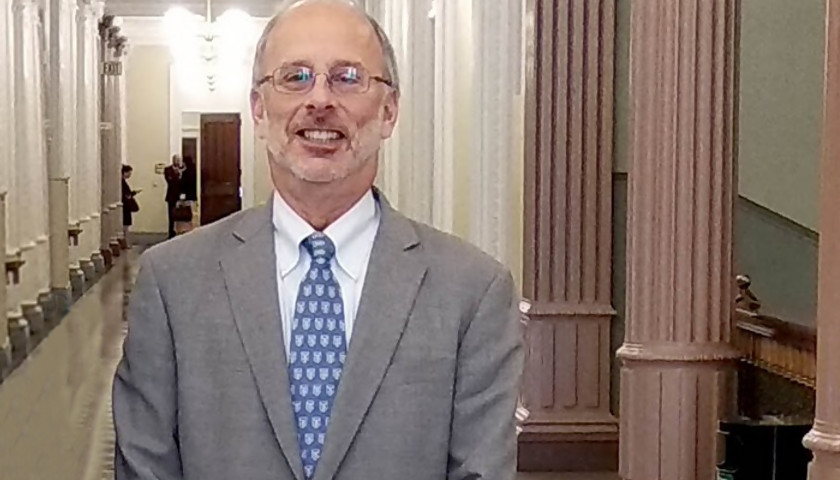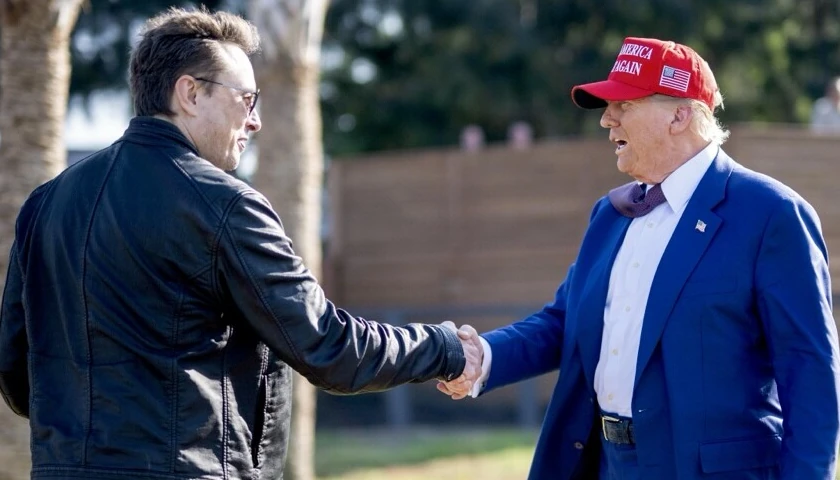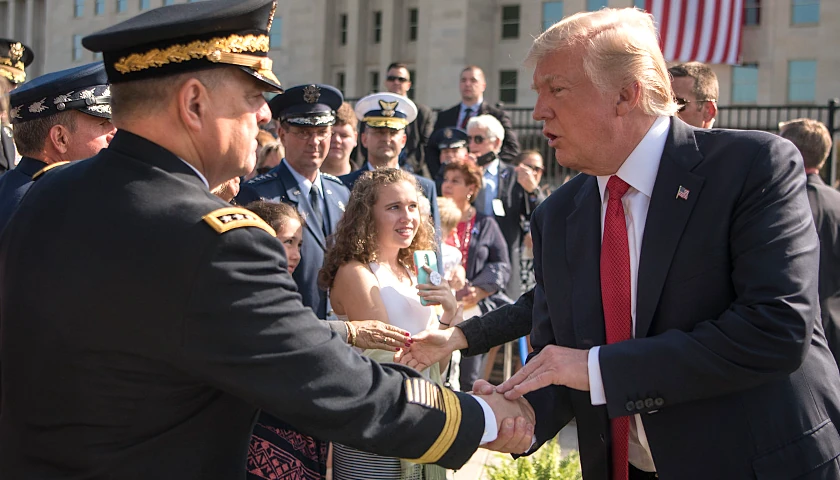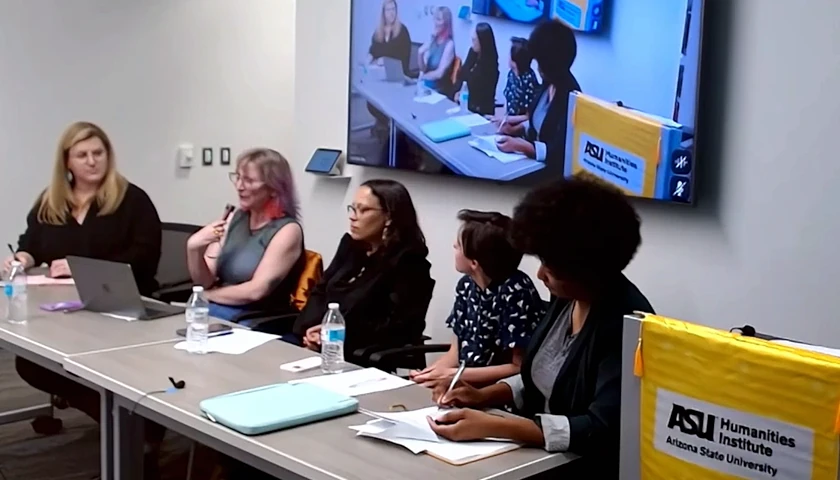by Ken Bredemeier
WASHINGTON, D.C. – A former White House national security aide balked Monday at testifying in the ongoing Democratic-led impeachment inquiry targeting President Donald Trump.
Charles Kupperman, who served as a deputy to former national security adviser John Bolton, had been subpoenaed by Democratic lawmakers in the House of Representatives to answer questions behind closed doors about any knowledge he has about how Trump pressured Ukraine to open investigations to help him politically. Kupperman listened in on the July 25 call in which Trump pushed Ukrainian President Volodymyr Zelenskiy for “a favor” – to investigate any involvement the country had in the effort to defeat him in the 2016 election and to investigate one of Trump’s chief Democratic rivals in the 2020 election, former Vice President Joe Biden, and his son Hunter Biden’s lucrative job as a one-time board member for Burisma, a Ukrainian natural gas company.
The call, which Trump has described as “perfect,” is at the center of the impeachment inquiry.
When the White House ordered Kupperman to ignore the House subpoena, he filed a lawsuit Friday asking a judge to decide whose demand he should honor – the congressional subpoena or the White House order that he not testify. His lawyer said he would comply with the subpoena if the court rules in favor of Congress.
House Democrats sent Kupperman’s lawyer, Charles Cooper, a letter over the weekend contending that the lawsuit lacked merit and had been coordinated with the White House. Cooper said the suit had not been “even discussed” with the White House.
“It would not be appropriate for a private citizen, like Dr. Kupperman, to unilaterally resolve this momentous constitutional dispute between the two political branches of our government,” Cooper, who is also representing Bolton, responded to the Democrats.
Three House committee chairs leading the impeachment inquiry – Adam Schiff of the Intelligence panel, Eliot Engel of Foreign Affairs and Carolyn Maloney of Oversight – called the lawsuit “an obvious and desperate tactic by the president to delay and obstruct the lawful constitutional functions of Congress and conceal evidence about his conduct from the impeachment inquiry.”
When Kupperman failed to appear Monday, Schiff derided White House efforts to block his testimony and said it was another example of Trump’s obstruction of justice in the impeachment probe, one possible linchpin in the Democrats’ effort to write articles of impeachment against the Republican president.
Democrats are planning to hold public impeachment hearings, possibly starting in November. Even if the Democratic-controlled House votes for Trump’s impeachment, his conviction by the Republican-majority Senate and removal from office remains unlikely.
Trump, as left the White House for a trip to Chicago, assailed the impeachment investigation.
“We had a very good conversation with the Ukrainian president,” Trump said. “The conversation was perfect. They don’t ever talk about the conversation. It started with the whistleblower, and now they don’t want the whistleblower. Then they had a second whistleblower; now they don’t want the second whistleblower. The reason is that when the whistleblower – when they saw what the whistleblower wrote, and then when I released the conversation, which bore no relationship to what the whistleblower saw, they said their case was out the window. And I think it’s a disgrace.”
While the identity of the whistleblower that touched off the impeachment probe has not been disclosed and he may not testify before the impeachment panel, his account of Trump pressuring Zelenskiy has largely been corroborated by other witnesses, despite what Trump claims.
Trump described Zelenskiy – although he called him a Russian – as “a good man” who had said, “There was no anything. There was no pressure put on him. No anything.”
Government agencies controlled by the Trump administration have rejected Democratic lawmakers’ efforts to subpoena numerous documents related to the impeachment inquiry. But several government diplomatic and national security officials, including some still on the government payroll, have defied White House efforts to block their testimony.
Last week, William Taylor, the top U.S. diplomat in Ukraine, told impeachment investigators that release of $391 million in U.S. military aid to Ukraine was directly linked to the eastern European country’s willingness to open the U.S.-related political investigations Trump wanted.
Both Bidens have denied any wrongdoing, while Trump has denied there was a quid pro quo – the military assistance in exchange for the Ukraine investigations.
After a delay, he released the aid to Kyiv for its efforts to fight Russian separatists in eastern Ukraine.
– – –
Ken Bredemeier is a reporter at VOANews.com
Photo “Charles Kupperman” by the U.S. Embassy to Afghanistan.





